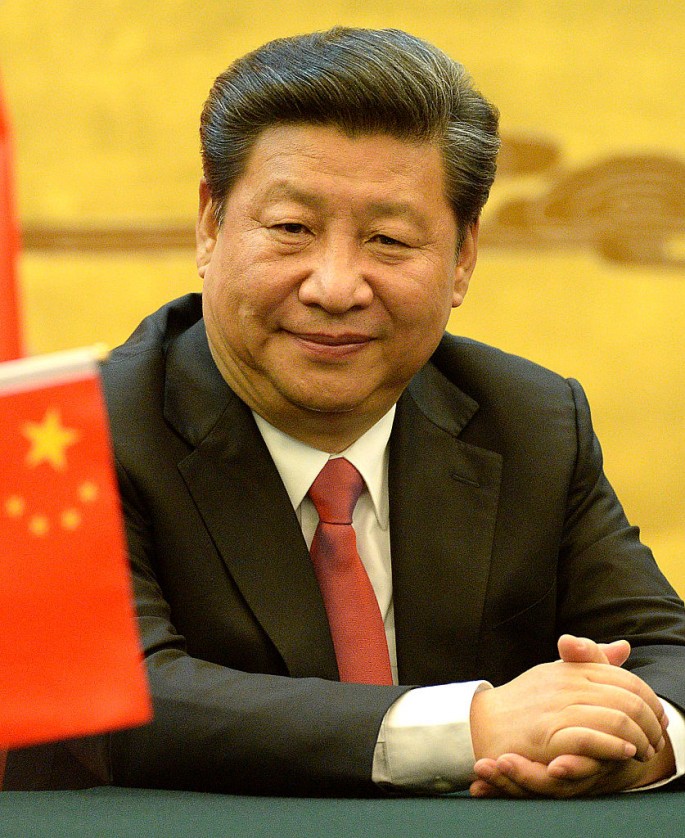China is not relaxing its anti-graft effort in 2016. It is instead strengthening the move by removing more corrupt officials in the central government and running after corruption suspects who have hidden overseas.
Chinese President Xi Jinping, who spoke at the Tuesday conference of the Communist Party of China's (CPC) Central Commission for Discipline Inspection (CCDI), says triumphs of the anti-graft campaign will be felt by more citizens this year. At the same time, he called on the CCDI to be more focused on battling corruption at the grassroots level, reports China Daily.
He sought stricter adherence to party internal rules and for Chinese to uphold national cultural values, but replace informal office customs with open and straightforward regulations. Officials must be role models even in the area of managing their family affairs, Xi says.
Gao Bo, research fellow at the Chinese Academy of Social Sciences, sees the ongoing conference, which ends on Thursday, as creating a profound impact on Chinese politics. He particularly pinpoints the building of ideas and in the institution and practice of a clean government. His assessment reflects the president's declaration that "The public's sentiments are the greatest politics and the strongest support for justice."
Since Xi initiated the campaign in 2012, 130 high-ranking officials have been investigated. The list includes a former security chief sentenced to life imprisonment in June, a former head of the United Front Work Department of the CPC Central Committee probed in July on bribery suspicion and two top military officers accused of corruption.
The latest to fall is Chang Xiaobing, chairman of China Telecom Corporation, detained on Wednesday for severe disciplinary violations.
But some analysts have expressed concern that the campaign is negatively affecting investments in the country over fears that officials who approved projects would later be accused of corruption, reports Reuters.



























